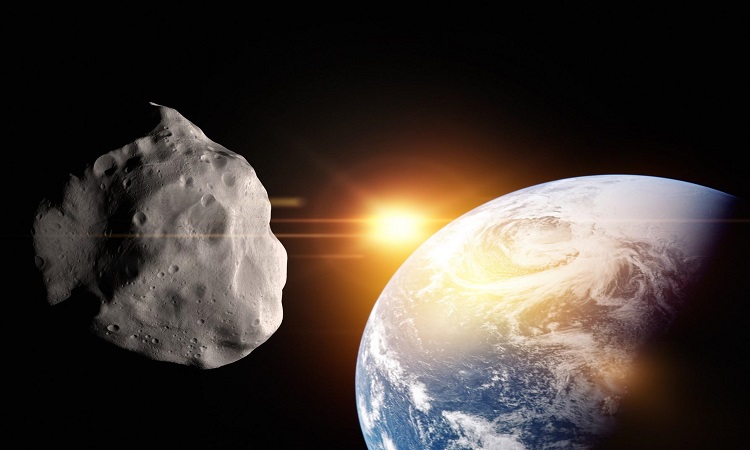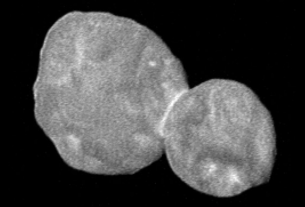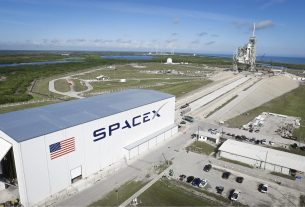In 10 years, a 340-meter-long asteroid will brush the Earth at about 31,000 kilometers, and although the chances of it impacting us and unleashing devastating destruction are one in 100,000, NASA has begun to prepare for the arrival of This huge rock called 99942 Apophis.
Fear, or well, astonishment and intrigue regarding Apophis, has existed for more than a decade, when in 2004 researchers Roy A. Tucker, David J. Tholen, and FabrizioBernardi, discovered from the National Observatory of Kitt Peak, Arizona, the huge asteroid that from the beginning made them believe that at some point in history it could point with full force to our planet. Later, that possibility was ruled out, although it was classified as a Potentially Dangerous Asteroid (PHA) and the European Space Agency (ESA) came to talk that the possible Apophis collision on the planet could become more devastating than a nuclear bomb (ever created) capable of releasing up to 900 megatons. But now, when the Apophis landscape seems less scary, according to the British newspaper Express, NASA is alert.
Although the researchers point out that as the asteroid travels around our orbit in 2029, a small deviation from its trajectory could be catastrophic, that day, on the other hand, Apophis will shine like a star of magnitude 3.3 and will be visible in different parts of Europe, Africa, and western Asia. But also, it will be a time that scientists will use to study it and that “the world learn more about asteroids,” the publication notes.
“Apophis’ close focus in 2029 will be an incredible opportunity for science,” said NASA radar scientist Marina Brozovic.
Some of the phenomena that could cause the passage of Apophis are, for example, “that there are some changes in the surfaces, such as small avalanches,” explained astronomer DavideFarnocchia. However, as Alberto Cellino, from the Turin Observatory in Italy, said to Astrowatch a long time ago, we can eliminate the idea of a collision in 2029, it should not be ruled out in the future:” The orbit will change in a way that is not totally predictable at this moment, so we cannot predict the behavior on a longer time scale,” he said.




